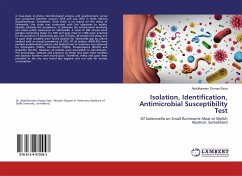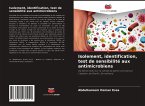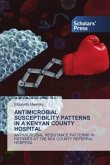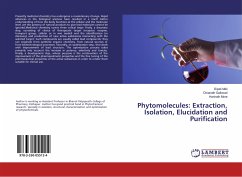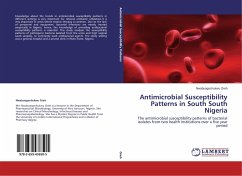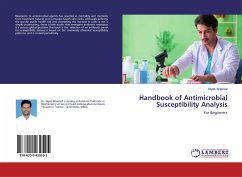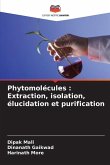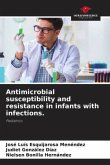A Case-study involving microbiological analysis and questionnaire survey was conducted between January 2018 and July 2018 in Sheik districts Slaughterhouse, Somaliland. Since there is no report on the status of Salmonella, the study was conducted with the objectives to isolate, identify, estimate the prevalence, to delineate the antimicrobial sensitivity and assess public awareness on Salmonella. A total of 200 carcass swab samples comprising sheep (n=100) and goat meat (n=100) were screened for the presence of Salmonella spp. Out of them, 46 samples (32 sheep and 14 goat meat samples) were found positive for Salmonella spp by culture method with an overall prevalence of 23%. Of all isolates, 44(95.6%) were multiple antimicrobial resistant and highest level of resistance was observed for tetracycline (100%), nitrofurans (100%), Streptomycine (82.6%) and Ampicillin (52.2%). However, all isolates were susceptible to ciprofloxacin. The knowledge, attitude and practices of sheep and goat meat handlers and abattoir workers were found poor. Therefore, sheep and goat meat provided to the city was found less hygienic and not safe for human consumption.
Bitte wählen Sie Ihr Anliegen aus.
Rechnungen
Retourenschein anfordern
Bestellstatus
Storno

